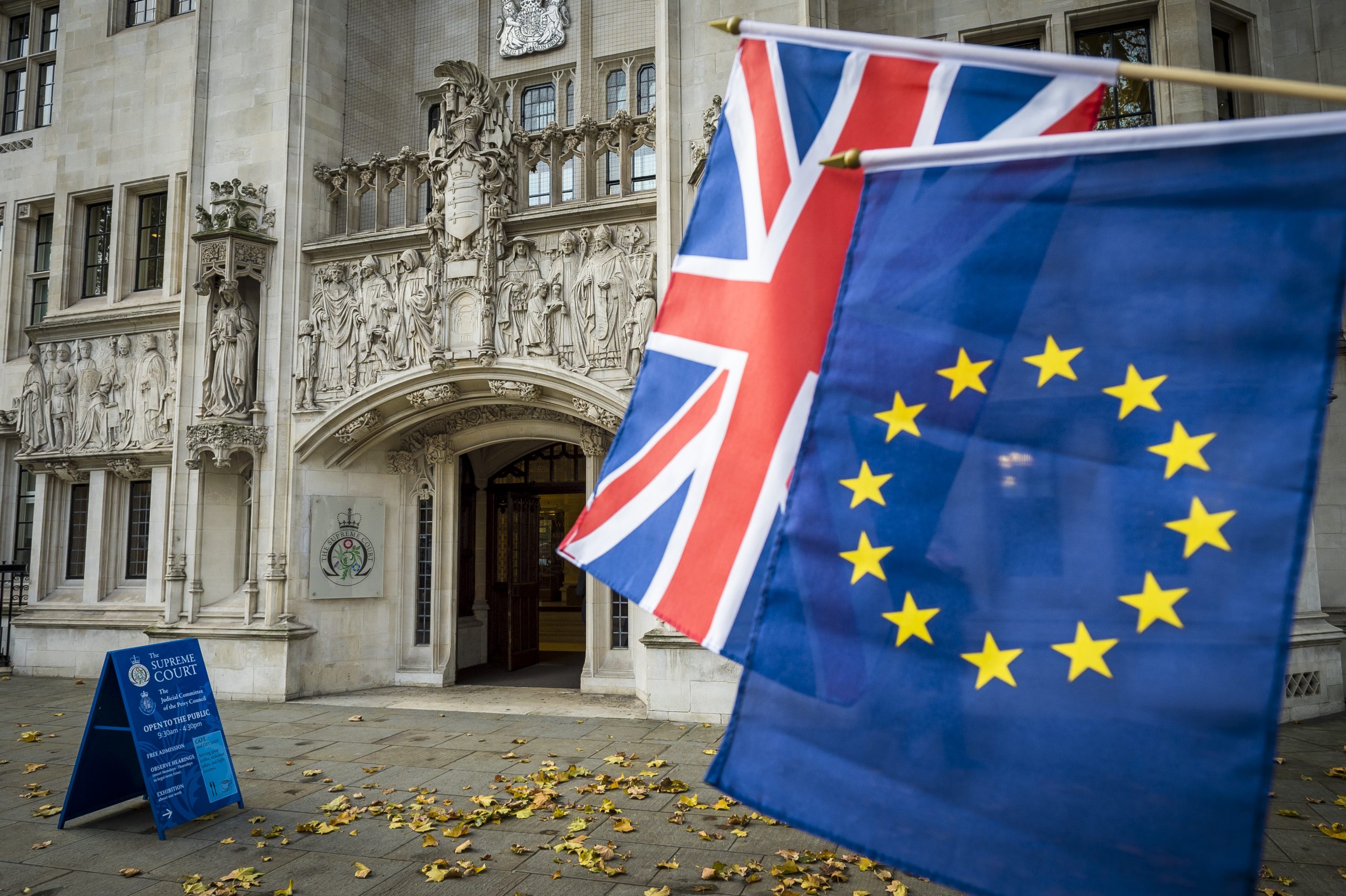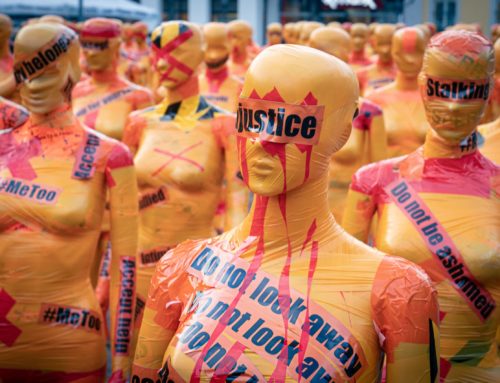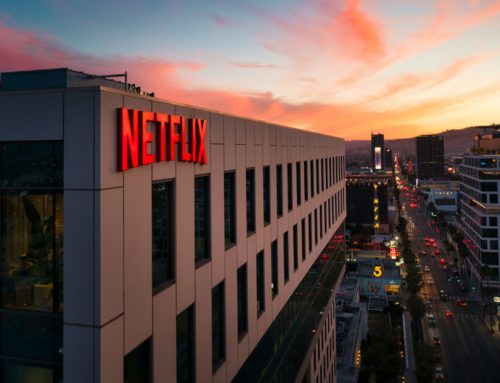 Britain’s highest court reined in the reach of the country’s top fraud prosecutor, rejecting its demand for U.S.-based KBR to turn over documents kept outside the country.
Britain’s highest court reined in the reach of the country’s top fraud prosecutor, rejecting its demand for U.S.-based KBR to turn over documents kept outside the country.
The U.K. Supreme Court held the SFO’s demand was “invalid,” overturning a High Court ruling that legislation granting the anti-fraud agency the power to require an individual under investigation to produce documents relevant to the investigation extends to foreign companies if that business has a “sufficient connection” to the U.K.
The High Court ruling —which rejected KBR’s attempt to quash a notice issued by the SFO under section 2 of the Criminal Justice Act 1987 demanding it provide 27 categories of information — was the first time an English court had ruled on the extraterritorial application of a U.K. criminal law enforcer’s power to compel those under investigation to turn over documents.
Five Supreme Court justices unanimously ruled there was no basis for that decision, finding that reading a sufficient connection test as implied within section 2 is inconsistent with the intention of lawmakers and would involve “illegitimately re-writing the statute.”
“A statutory rule which empowers the SFO to demand the production of documents by foreigners outside the jurisdiction when there is a sufficient connection between the addressee and the jurisdiction, without defining what would constitute such a connection, would be inherently uncertain,” Justice David Lloyd-Jones said.
Lawyers for the SFO argued that the law was designed to ensure that the SFO could do its job of investigating serious and complex fraud cases, which often involve companies, transactions and documents held in multiple jurisdictions.
But the justices agreed with KBR’s argument that Parliament’s clear intention was for the SFO to use mutual legal assistance agreements to obtain information held abroad to assist a criminal probe.
Justice Lloyd-Jones said it is “inherently improbable” that lawmakers intended “to leave in place a parallel system for obtaining evidence from abroad which could operate on the unilateral demand of the SFO,” without allowing targets to challenge the demands in court or with national authorities where the evidence was located and without mutual legal assistance safeguards.
The SFO said it welcomed the court’s clarification of the extent of its powers, “including its confirmation of our power to compel U.K. companies to repatriate documents which they hold overseas.”
“Section 2 powers are fundamental to our ability to conduct our investigations, which often involve international companies with complex corporate structures,” a SFO spokesman said in a statement.
KBR was served with the two Section 2 notices in 2017 by the SFO in its now-discontinued investigation into the company’s dealings with Unaoil, the oil consultancy that bribed government officials around the world to secure billions of dollars of contracts on behalf of dozens of businesses.
The SFO maintains that, although its investigation into KBR is no longer focused on allegations of corruption involving Unaoil, some discreet lines of inquiry remain under active investigation and the agency still requires three categories of information.
KBR is represented by David Pannick QC of Blackstone Chambers.
The SFO is represented by James Eadie QC of Blackstone Chambers.
The case is R. (on the application of KBR Inc.) v. Director of the Serious Fraud Office, case number UKSC 2018/0215, in the U.K. Supreme Court.





